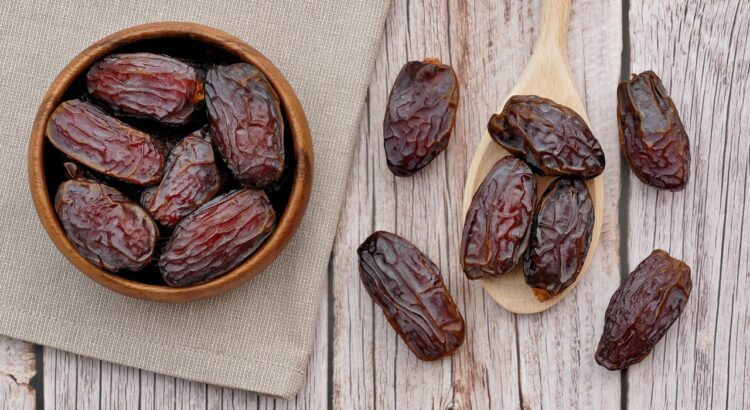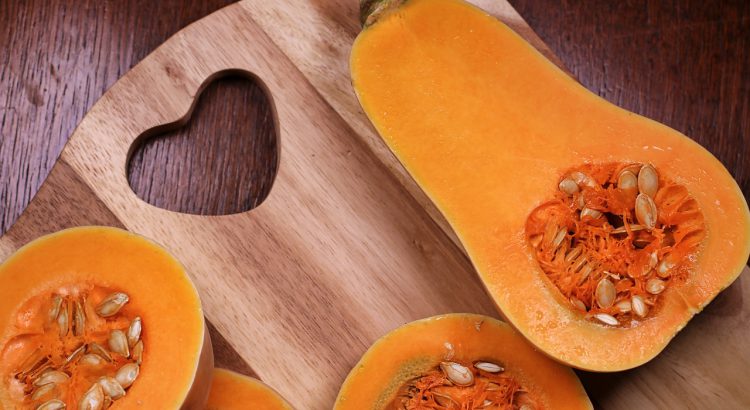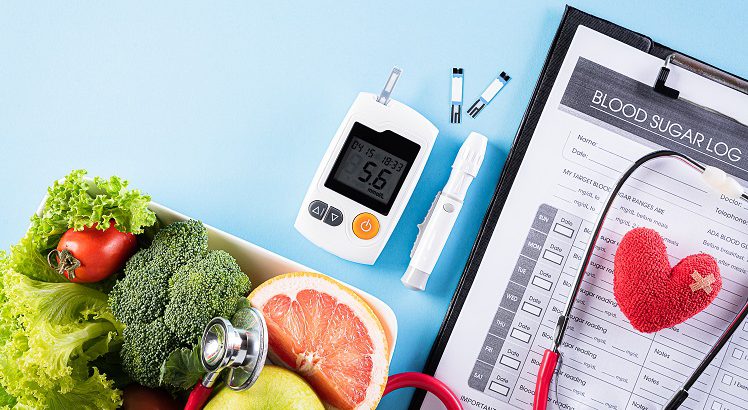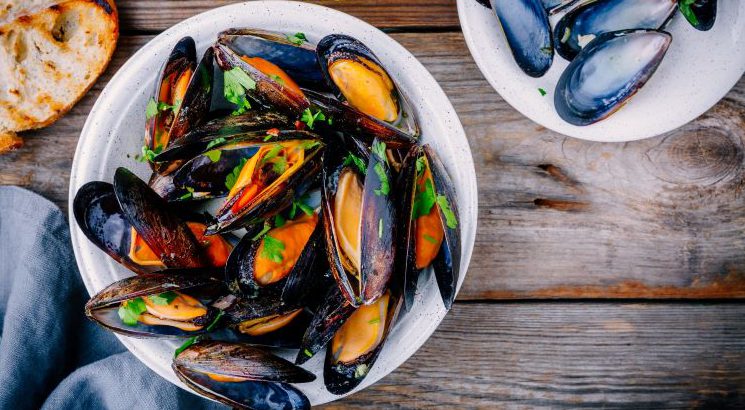Subscribe today to receive weekly health & wellness posts by email from Carroll Hospital!

New Year’s Resolutions: Be Kind to Yourself
Holiday indulgences, in one form or another, cause many of us to set out to control ourselves as we start the new year. We look ahead into the new year and resolve to improve our health, well-being, finances, relationships and more.
Then, we don’t do it.

Holiday Date Roll
Looking for a holiday treat to snack on that’s not cookies? Here it is: a whole food-based sweet that is full of fiber, healthy fats and flavor. The variety of nuts in this recipe provide an array of heart-healthy polyunsaturated and monounsaturated fat. Roasting the nuts will bring out their warm toasty taste, and with the natural caramel-like flavor of dates and a hint of cardamom, these treats are sure to satisfy a sweet tooth while providing your body with rich nutrition. You can also roll the “dough” into balls, and coat in a blend of cocoa powder and cinnamon for a more truffle-like treat. —Dana Mealing, RDN, LDN, community nutrition educator, Tevis Center for Wellness

Butternut Chicken Stew
This is the perfect meal to warm up this season. Winter squash of any kind—butternut, acorn, kabocha, delicata—is a great complex carbohydrate to include in our diet. For one cup of butternut squash, you get about 3g of fiber, 16g of carbs and a great source of vitamin A and vitamin C at 63 calories. That’s a lot of nutrition for that much energy! Winter squash is also lower carb than potatoes for the same serving size, but it has a similar texture, making it a great choice for those who are watching their blood sugar. —Dana Mealing, RDN, LDN, community nutrition educator, Tevis Center for Wellness

Prediabetes and Type 2 Diabetes Prevention
Diabetes is a nationwide epidemic, affecting an estimated 11.6% of the U.S. population. Here in Carroll County, diabetes was identified as the number two health concern on the most recent Community Health Needs Assessment.

Social Determinants of Health
Did you ever consider the many factors that affect your health? Things like access to food, transportation, housing and even where you were born can play a significant role in how healthy you are. They are called “social determinants of health.”

Move More, Feel Better This Physical Fitness Month
May is Physical Fitness Month, and it’s a great time to revisit your exercise routine and think about how you can incorporate more activity into your life.

Dijon Chicken
Mustard is an underrated spice! We are used to a squeeze on a July Fourth bratwurst or spread on a classic turkey sandwich. But when was the last time you cooked with it? Whole mustard seed is used often in dishes across the Mediterranean to the Middle East and into India, often using the whole seeds toasted in oil to bring out their aromatic flavors. Dijon mustard is used quite a bit in French cooking as well. Try this mustard chicken recipe as a new way to use up that jar. If you’re feeling extra spicy, pair it with some sauteed mustard greens. —Dana Mealing, RDN, LDN, community nutrition educator, Tevis Center for Wellness
Read More

Manage Your Stress
Did you know that April is Stress Awareness Month?
According to the National Institute of Mental Health, stress can be defined as the “physical or mental response to an external cause.” The body is designed to handle stress in small amounts, but chronic stress begins to wreak havoc on our overall wellness.

MIND Mussels
Have you heard of the MIND diet? This is an eating pattern that combines the Mediterranean diet with the DASH diet (Dietary Approaches to Stop Hypertension,) two of the most popular eating patterns for good health, and with heaps of research to back it up. The MIND diet has been specifically researched to see the impact that is has on the health of our, you guessed it, mind! This includes research on conditions such as Alzheimer’s, dementia, multiple sclerosis, and general cognitive decline associated with aging.
A high intake of veggies, fruit, whole grains and legumes, along with lean proteins, healthy fats like those found in cold water fish and some nuts and seeds, and reduced sodium and saturated fat are the hallmarks of this eating pattern. Try this MIND diet recipe and make it a meal with some crusty whole grain bread and lots of veggies. —Dana Mealing, RDN, LDN, community nutrition educator, Tevis Center for Wellness

March is MS Awareness Month
Do you know someone with multiple sclerosis (MS)? March is MS Awareness Month—a great opportunity to learn more about a disease that affects more than 2.8 million people worldwide.
